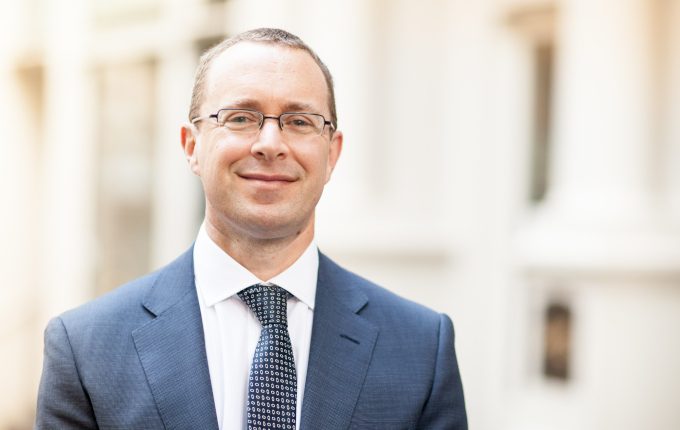VicSuper CIO Andrew Howard has positioned the fund's portfolio to deal with low growth and higher volatility. "I’ll happily accept a lower return than what we might have received from real assets over the last 10 years to ensure we have enough ballast in our portfolio to deliver a smoother pattern of returns."
Register to Access this Exclusive [i3] Insights Article
Create a free account to access exclusive interviews with asset owners, revealing insights on investment strategies, market trends, and portfolio allocations.
If you already have an account you can Login .
If you have any issues registering an account please send us an email at [email protected].

